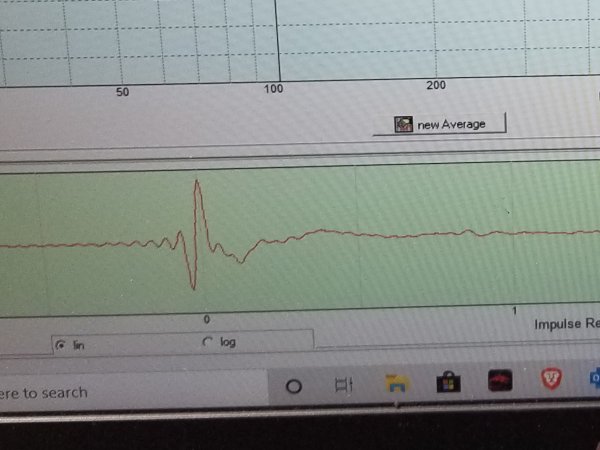I am listening now with Atlantis,some lp direct to disc,33 and 45,and is really incredible how is fast and dynamic this TT
What is fast supposed to mean anyway?
I hear clarity at live music events. Gian, do you like the system to impart a sense of speed on every recording, or are you simply talking about the system not sounding sluggish or slow? The vdH Master Signature is certainly dynamic and clean sounding. When the music is fast, the MS allows you to appreciate the speed. ...
You know it when you hear it....
We see the word "fast" used in posts and reviews to describe a system or a component. The posts above (from this thread) made me think again about the word. And the more I thought about it the more its meaning became unclear to me. @RogerD's answer - which may very well be correct - says the meaning of "fast" is experiential - you know "fast" when you hear it - but what is it that is being heard? Can we describe whatever that is?
If the word does not come to mind' through experience, does the attribute not exist for me or is it a failure in my hearing, imagintion or vocabulary? That seems to be an issue with strictly experiential definitions. They are not clear, distinct or definite. Thus I'm asking, does the word have a definition in language? Well, of course it does because we use "fast" all the time to describe the relative quickness or relative speed of an thing or event. Bernstein's 4th movement was 2 minutes faster than Klemper's.
But what does it mean in an audio context such as @gian60 's description of a turntable?
I'm guessing that he is not describing a turntalbe rotating at 35rpm. Does a low compliance cantilever transistion a groove ridge faster than a high compliance cart?
Do some systems process electrons quicker than others or do electrons travel quicker or slower in some systems depending on metallurgy? Some speaker drivers return to form quicker than others? The speed of sound is different at different temperatures or atmospheres - but I don't think that's what is described about a turntable (or any piece or gear.)
I liked @PeterA 's response. If I may expand ... The relative clarity and 'clean' sound of a component is reflected in the distinctness and separation of notes and this comes through well on fast tempo or short time value notes. The leading edge of a fistfull of pizzacato notes is crisp and each note is distinct. We label our experience of such as "fast" and (perhaps incorrectly) ascribe it to gear? So "fast" is a function of clarity and distinctness and better to use those words than "fast" as a shorthand. But that is a possible example, not an accepted definition, although it could be.
So what is talked about when we hear a component or system described as "fast"? What does it mean to you when you read "fast" as an attribute ascribed to a piece of audio gear?





